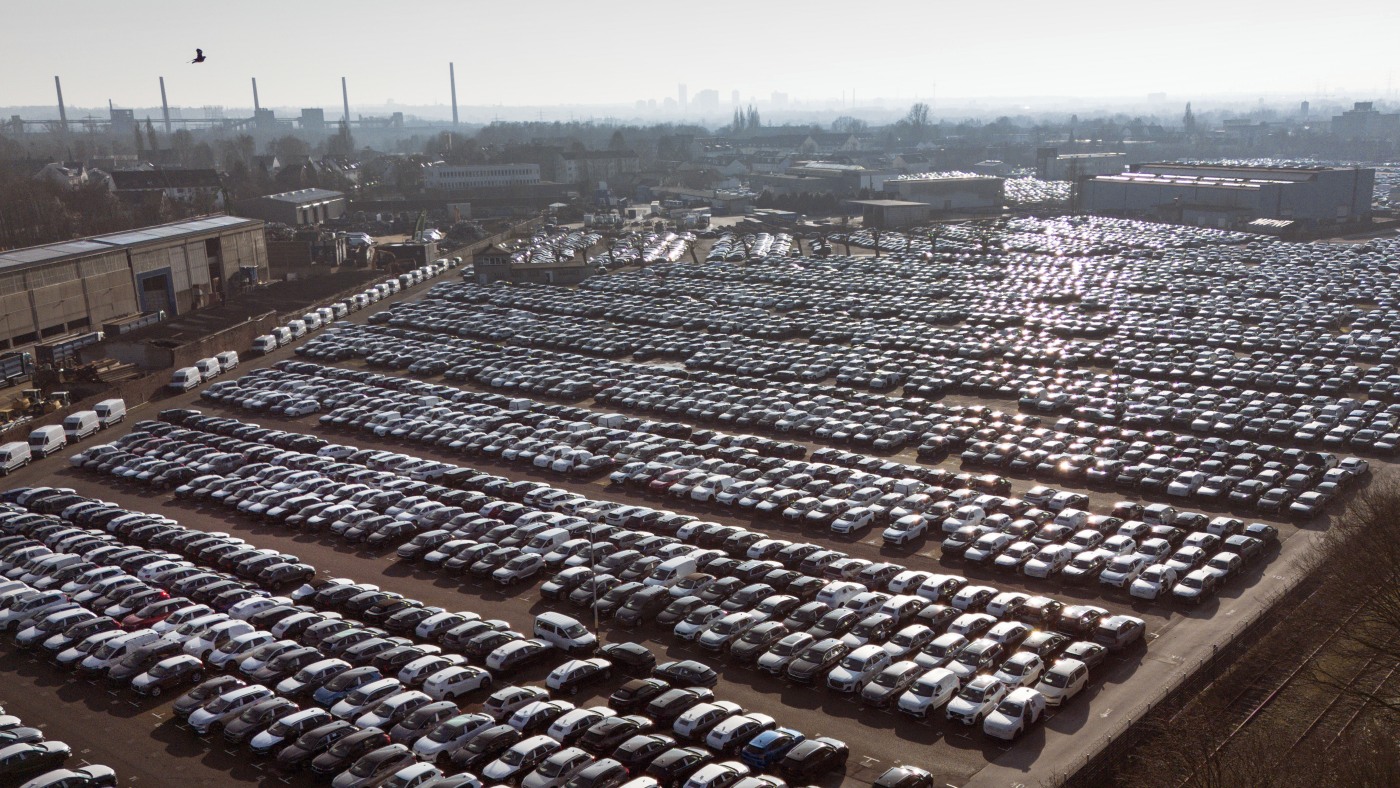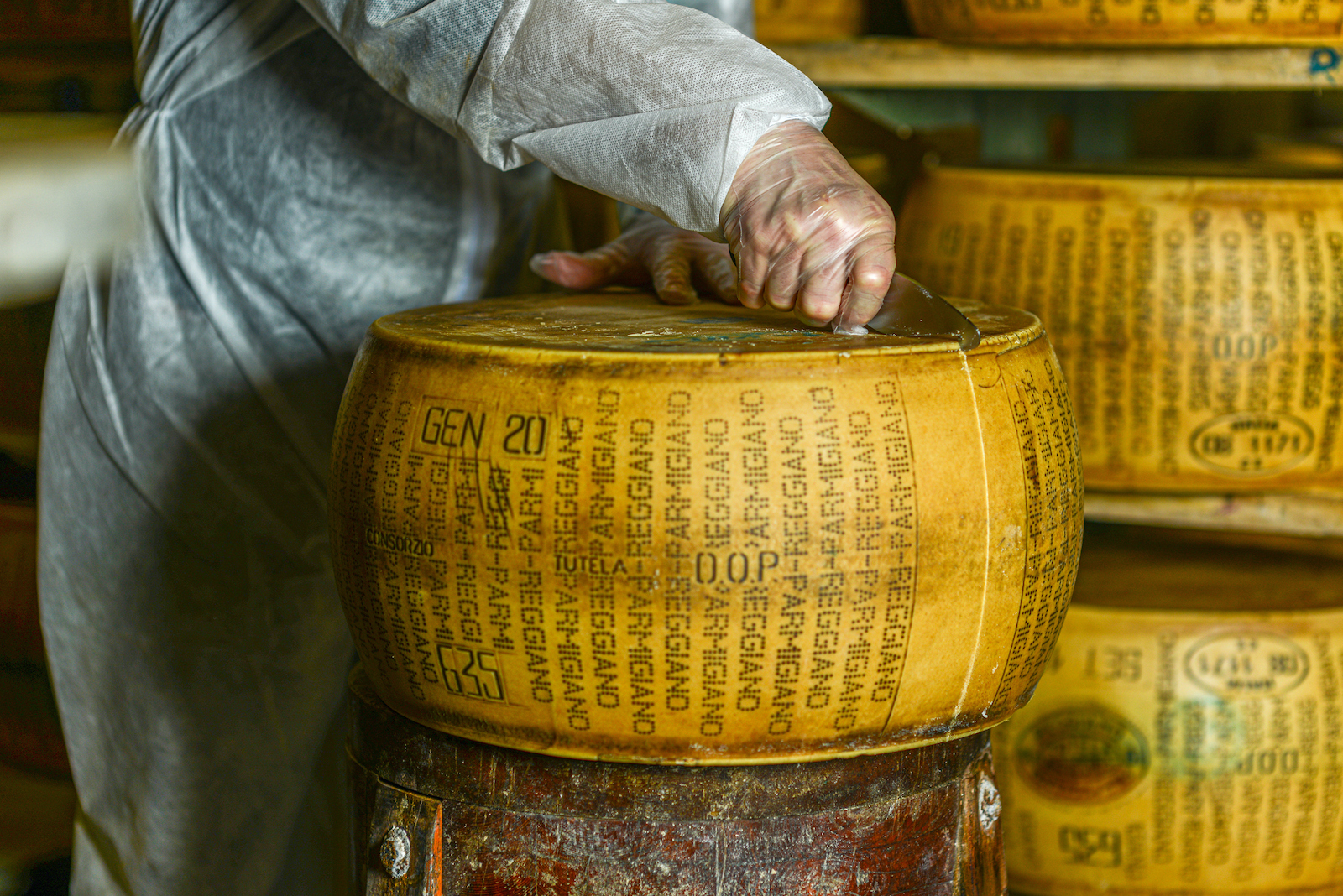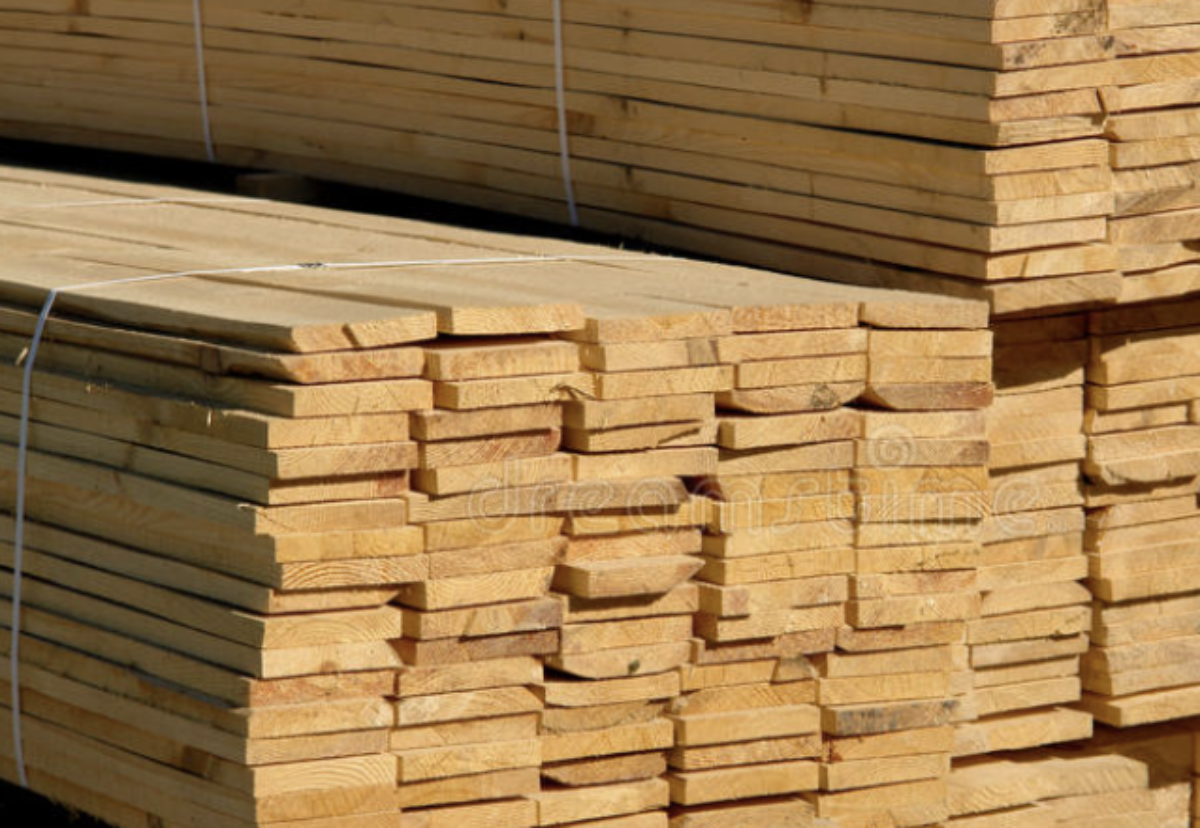T4K3.news
Automakers face pressure from rising tariff costs
Automakers are absorbing significant tariff expenses but may soon increase prices for consumers.

The auto industry is absorbing substantial tariff costs for now, but future price increases loom.
Automakers face pressure from tariffs as costs rise
Automakers are currently bearing the burden of substantial tariffs that have hit the industry hard. Tariffs on imports, including aluminum, steel, and foreign-made parts, have escalated to as high as 25%. Despite these pressures, car prices have not surged for consumers. Data shows that average transaction prices for new vehicles increased by only 1.2% year over year, a figure significantly below the long-term average. Many industry experts attribute this trend to existing vehicle inventories and the need to maintain buyer interest in a challenging market. Companies like General Motors and Volkswagen reported hefty tariff costs totaling billions but remain profitable as they have yet to significantly raise consumer prices. However, automakers are feeling investor pressure to adjust pricing strategies, which could lead to increases in the near future as new model year vehicles are introduced.
Key Takeaways
"For a majority of the automakers, they're really taking the tariffs on the chin."
This reflects the current stance of automakers as they absorb tariffs without passing costs to consumers.
"Automakers are facing pressure from investors not to absorb those costs forever."
This highlights the financial stakes involved for car manufacturers regarding tariff costs and pricing decisions.
"We anticipate that pricing would rise 4 to 8%, before truly a car prices itself out of its competitive set."
Erin Keating emphasizes the expected price changes as new models arrive in the market.
"You will see something change in the cost structures as pressures mount."
Ivan Drury indicates that while consumers enjoy current prices, changes are on the horizon.
The current situation reflects a delicate balancing act for automakers. They have effectively navigated tariff pressures without passing significant costs onto consumers, thus encouraging sales in the short term. However, this strategy may not be sustainable. As investors demand more profitability and the market evolves, these companies will likely face a turning point where higher costs must be transferred to buyers. Industry experts suggest that forthcoming vehicle models may trigger price hikes ranging from 4% to 8%. Automakers are also exploring options such as relocating production to the U.S. and negotiating with suppliers to alleviate costs without jeopardizing sales. The question remains whether these strategies will satisfactorily address the pressures from tariffs without alienating consumers.
Highlights
- The impact of tariffs is hitting automakers hard but they are absorbing the costs for now.
- Investors want answers as automakers keep prices stable amidst rising costs.
- Future car models may bring significant price increases due to tariffs.
- Changes in financing deals could sneakily affect consumer costs.
Tariff costs may lead to consumer price increases
Automakers are currently absorbing billion-dollar tariff costs, but investor pressure may soon lead to price adjustments passed onto consumers. The risk of backlash from buyers exists if prices rise significantly.
As automakers navigate these turbulent waters, the impact on consumers will soon become more evident.
Enjoyed this? Let your friends know!
Related News

Stellantis reports $2.7 billion loss due to tariffs and sales decline
Trump tariffs may increase manufacturing costs significantly

Keir Starmer to discuss steel tariffs with Donald Trump

New Trump Tariffs Set To Increase Prices

Middle class families face rising water bills
Trump's new tariffs will impact US consumers

Higher tariffs threaten Parmigiano Reggiano availability

Amazon raises prices on everyday items after tariff promises
